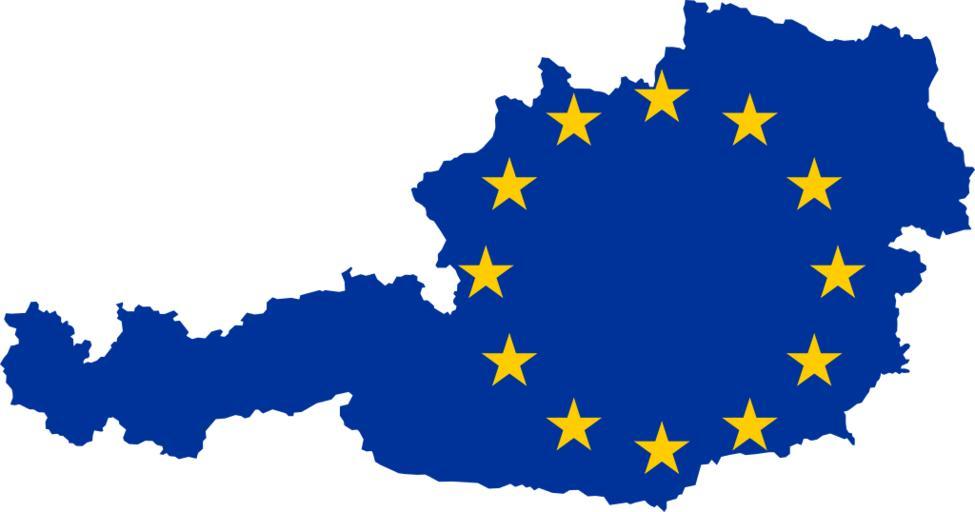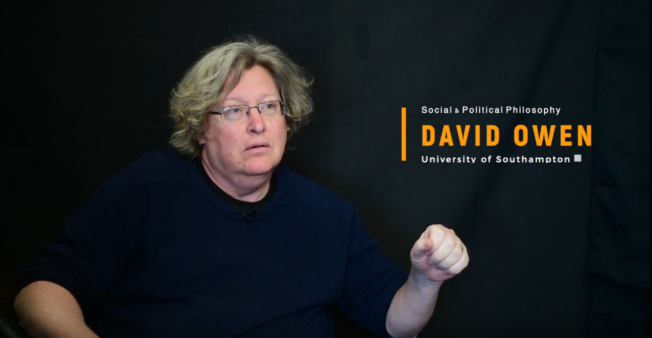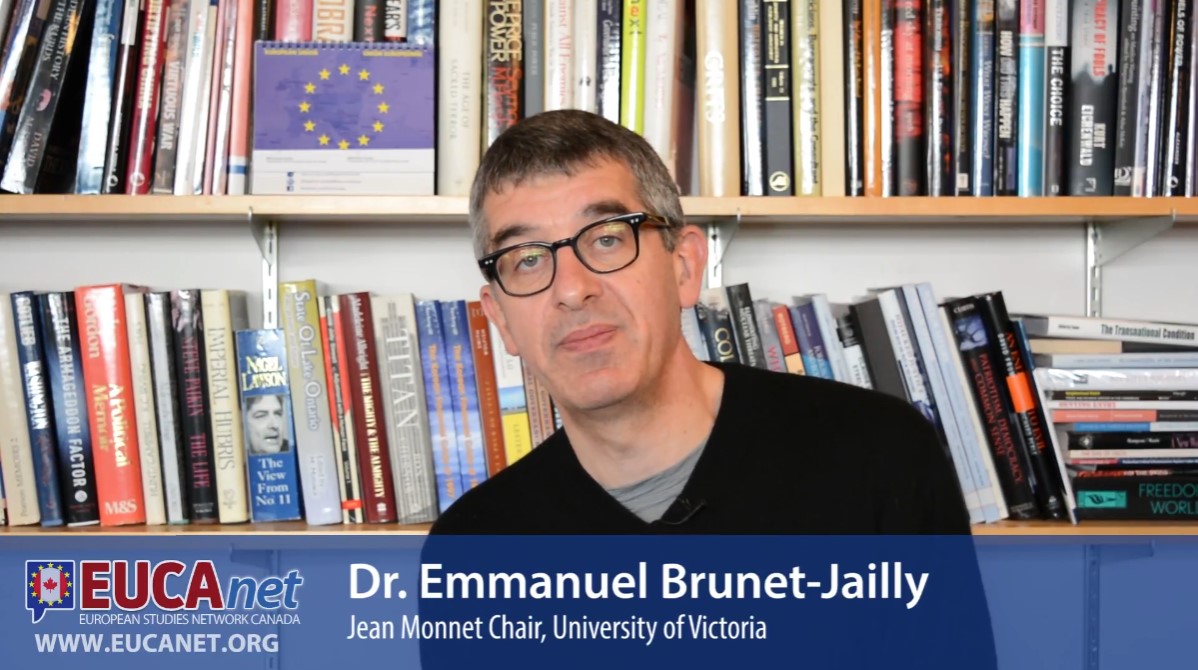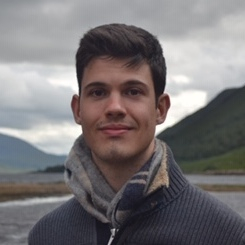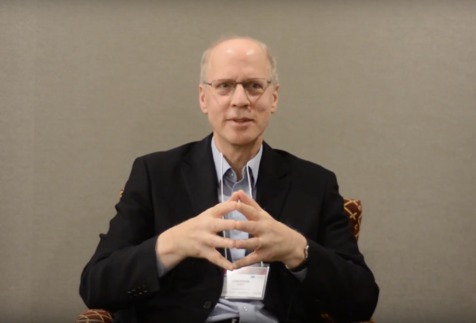Prof. Chantal Mouffe on crisis of the neoliberal order (French/English)
Chantal Mouffe, University of Westminster, London, participated in the video series on The Futures of Democracies during the international conference “Democracy and Its Futures”, March 21-22, 2019. She accepted the invitation to respond to a bold question “What are the greatest challenges to democracy?”
In this video, Chantal Mouffe reflects on the crisis of democracy and the responses that are given to it. Mouffe notes that we live in a situation that she defines as “post-democracy”, as democracy’s principal values – namely equality and popular sovereignty – have been put aside. For Mouffe, it is possible to find a solution to the crisis of democracy by questioning the neoliberal model, “as all the problems that we are facing today stem from the neoliberal model, which is also in crisis”. Unfortunately – she adds – the dominant trend is maintain this model and to criticize and label as populist those who call it into question. For Mouffe, in this post-democratic situation where the democratic values are emptied as a consequence of 30 years of neoliberal hegemony, the aim should not to go back to “what we had before” but rather to build a society where the democratic values are more profoundly rooted.
Within this framework, Mouffe defines the populist movements as “a series of resistances that question the neoliberal model” which, nonetheless, are articulated in very different ways. One fundamental difference between left and right populism – notes Mouffe – is provided by the way they define “the people”. One peculiar feature of right-wing populism is the fact that it excludes immigrants from the people, while left wing populism views the immigrants as part of the people. As for the vertical relationship between the leader and the people in populist movements, “in theory there should be a big difference” between left and right, as the latter envisages an authoritarian relationship, while the former entails a form that is more “an emanation” of the people. Nevertheless, “this is not always the case”, says Mouffe.
This video is part of the MSEUCA project and was produced as part of the event “‘Public Debates in Turbulent Times: Academia and Media”, which took place on 19-20 March ,2019 in Victoria, BC. MSEUCA stands for Communication and Media Strategies for EU experts in Canada. This project is co-funded by the Erasmus+ Jean Monnet Action of the European Union and the Centre for Global Studies, University of Victoria. The European Union support for the production of publications does not constitute an endorsement of the contents which reflect the views only of the authors, and cannot be held responsible for any use which may be made of the information contained therein.


